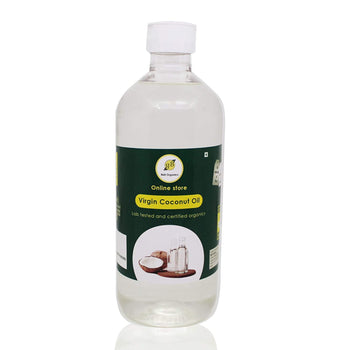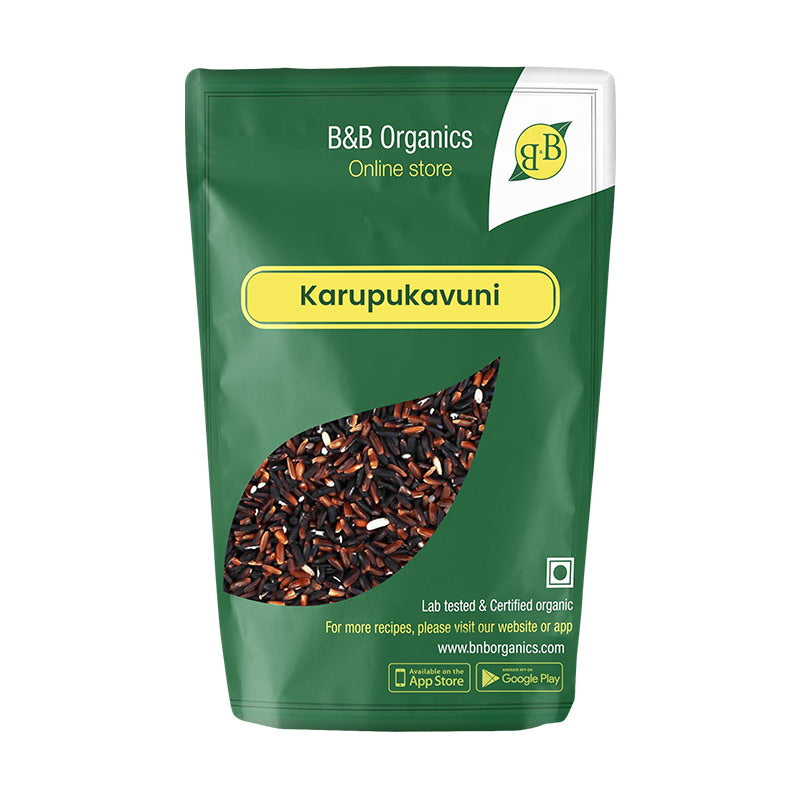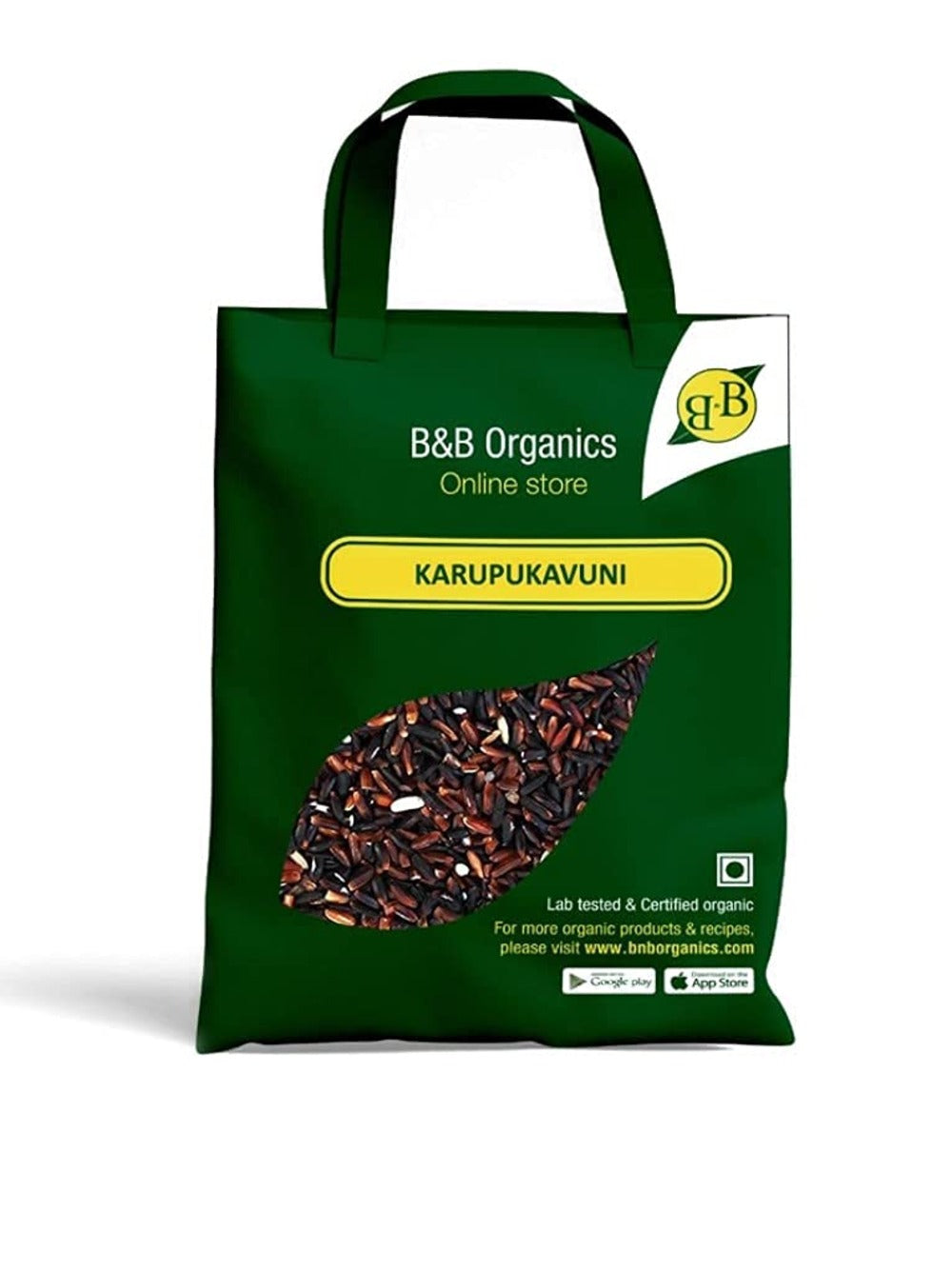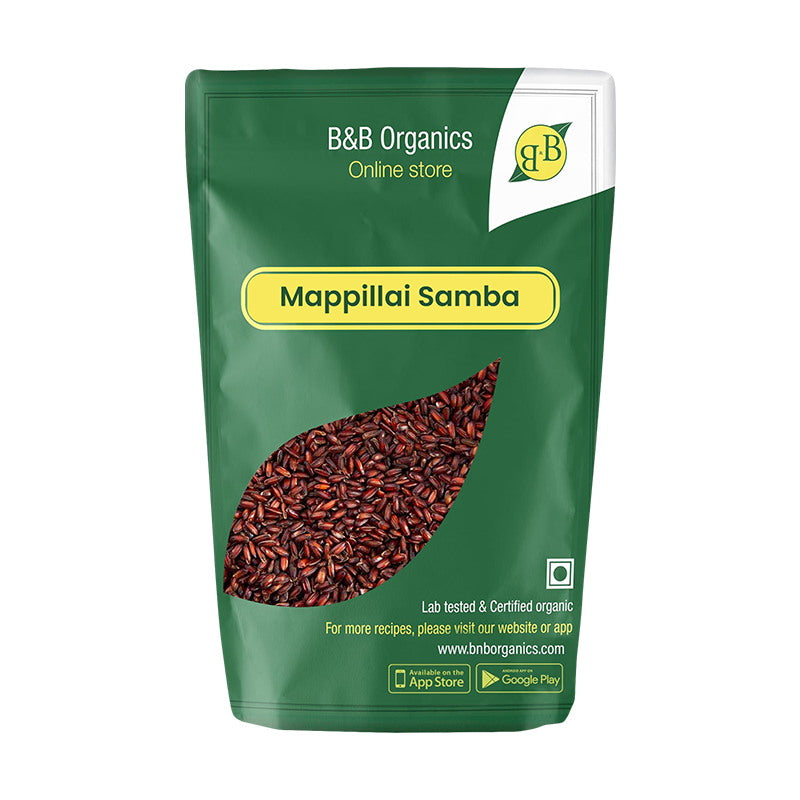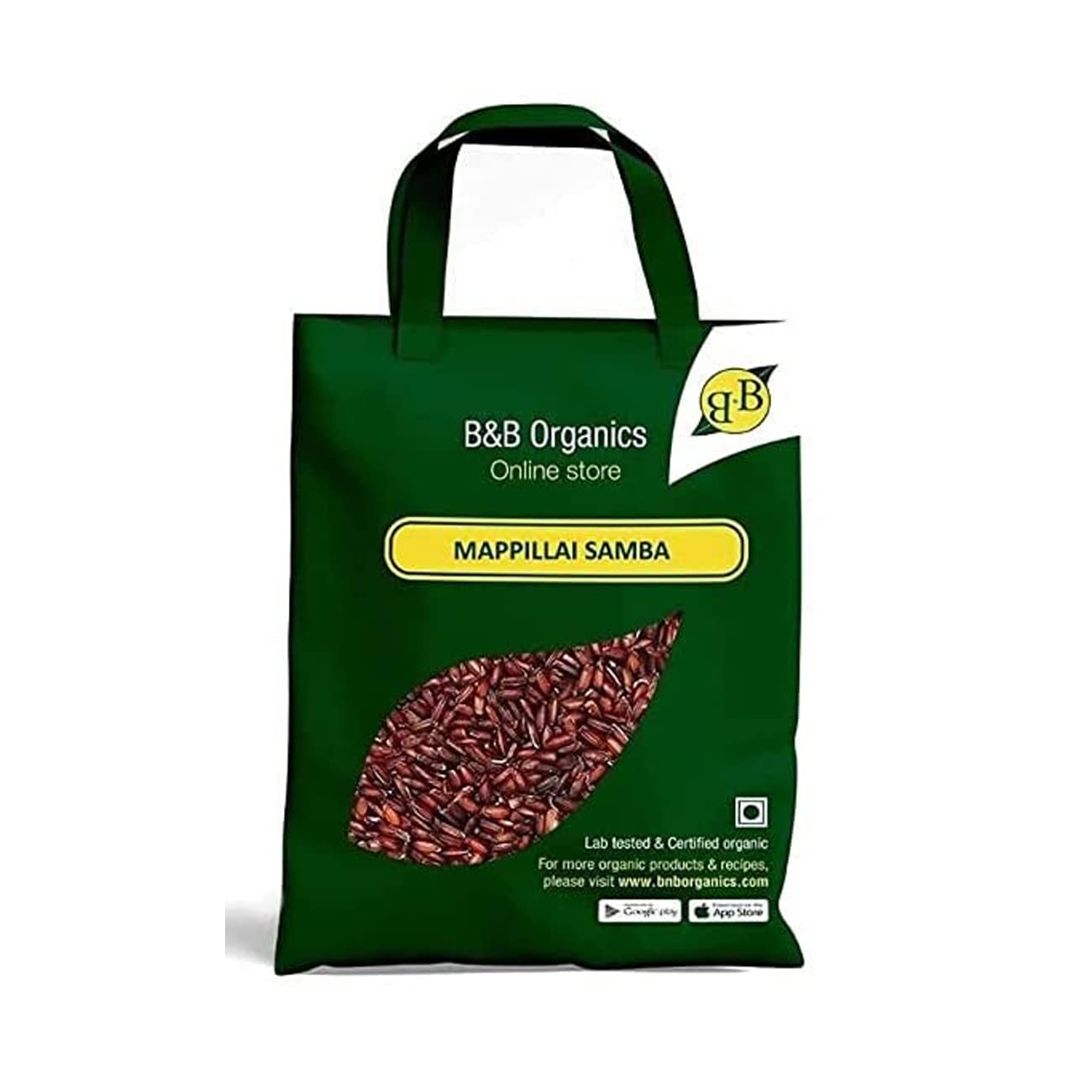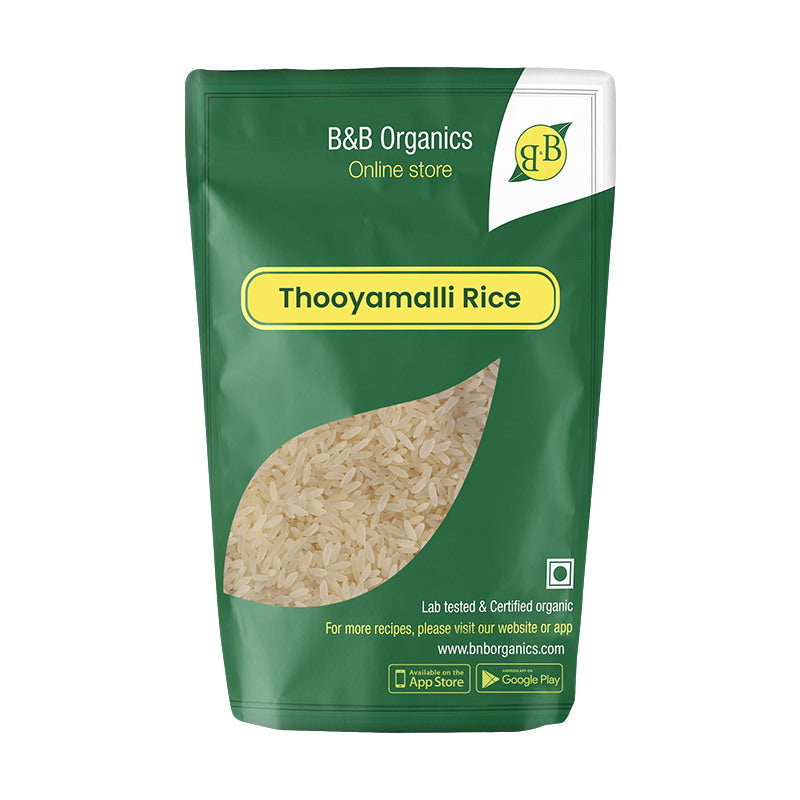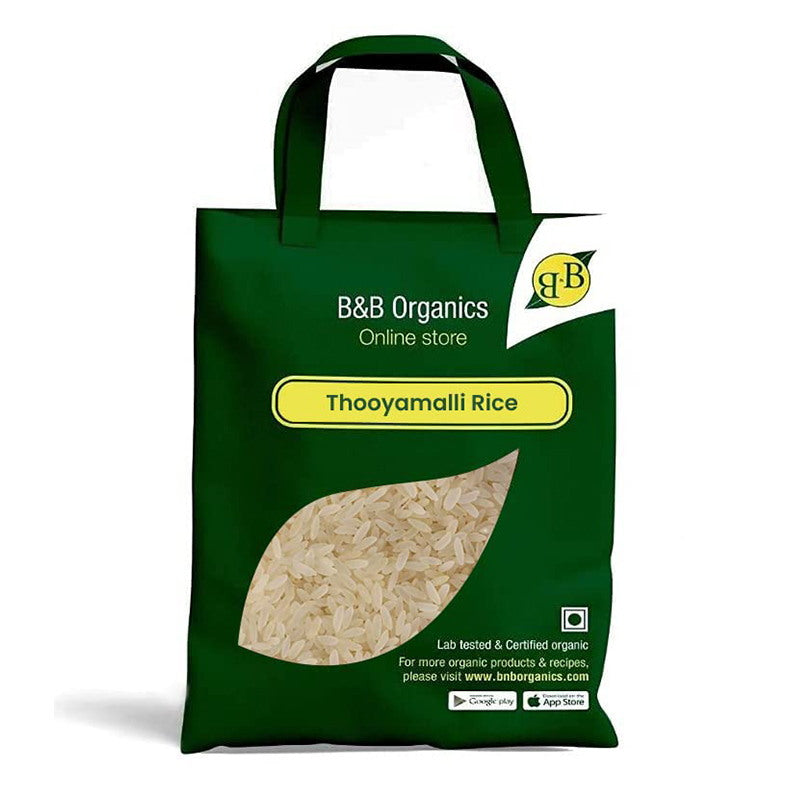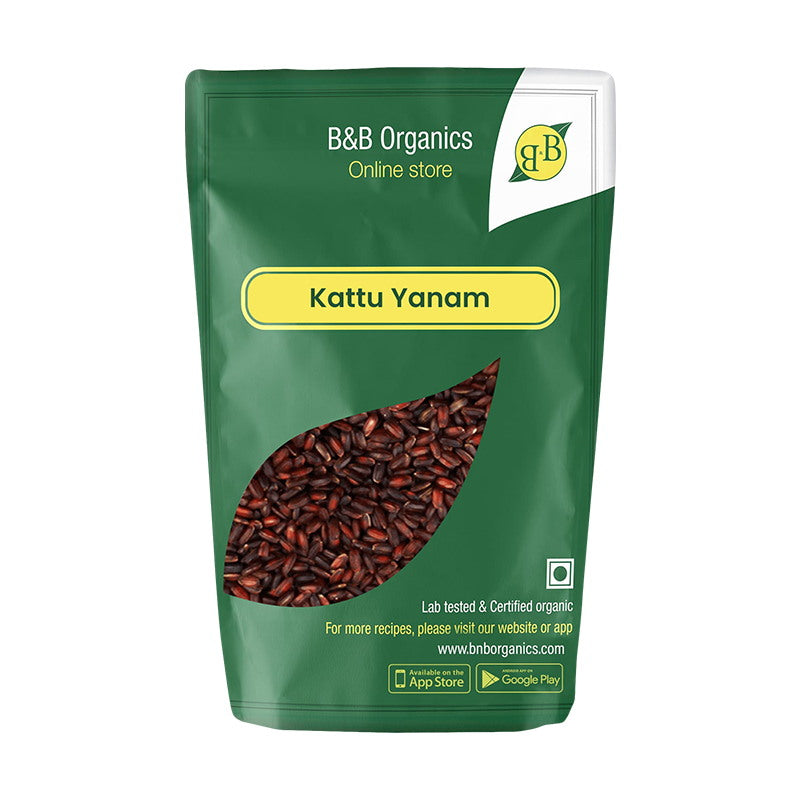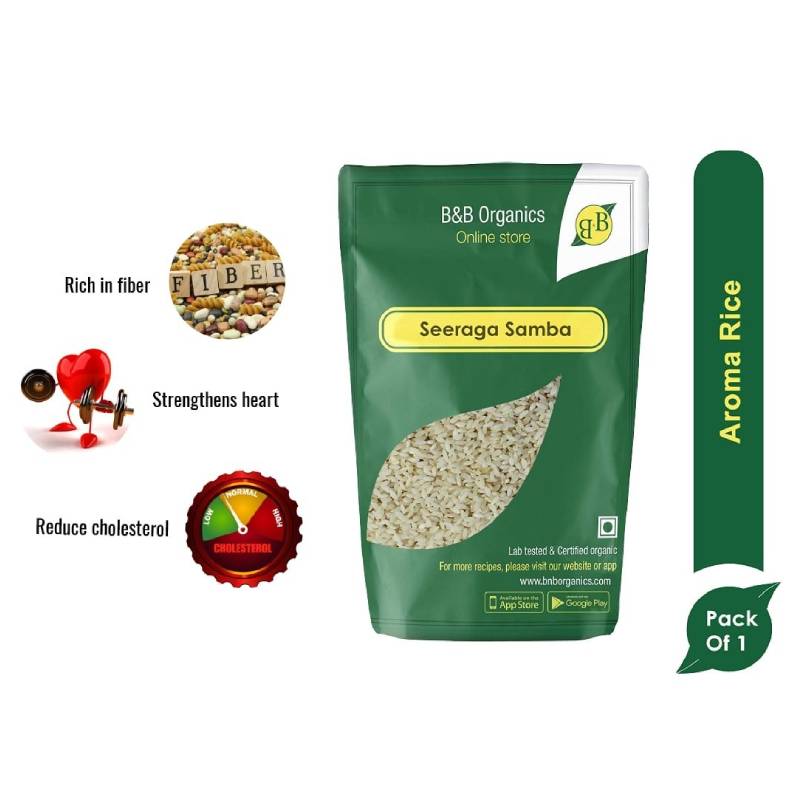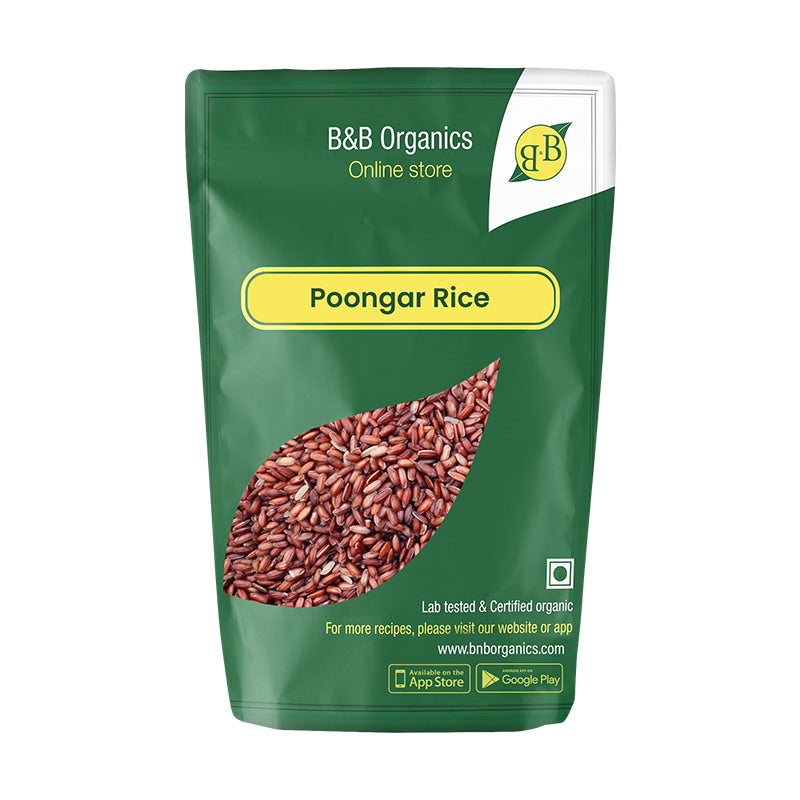Many consumers are confused about the differences of sesame oil and olive oil as they are often placed next to each other in super markets. The flavour, beneficial compounds, and smoking level for frying of sesame oil, olive oil, as well as other cooking oils are compared in this article.
Before picking among sesame oil and olive oil, think about the following:
Sesame oil vs. olive oil: flavour

As sesame oil is derived from sesame seeds, it has a rich, nutty taste. Sesame oil is only used in small amounts as this taste and aroma are so powerful and unique that they might dominate the whole dish. Sesame oil is utilised in a variety of Asian cuisines from various regions. It is a great addition to stir fries as well as Asian salads.
Based on the types of olives produced, extra virgin olive oil may have a taste that is peppery, grassy, fruity, buttery, or flowery. Olives exist in a wider range of kinds than sesame seeds, and as a result, olive oil flavours are much more diversified. Due to its adaptable taste, olive oil is used in numerous diverse dishes in addition to Mediterranean cuisine. Olive oil is great in salad dressings and sauces, and you can marinade or bake veggies in it as well.
Health Benefits of Olive Oil vs. Sesame Oil:
Unsaturated fats, such as sesame oil and olive oil, are better than saturated fats. They have both similar amounts of polyunsaturated and monounsaturated fats, two kinds of healthy fats.

Olive oil, as opposed to sesame oil, does, though, contain more dietary elements. Antioxidants found in olive oil can assist in avoiding the damage that free radicals cause. Iron, vitamin K, phenolic chemicals, potassium, vitamin E, and others are also found. Vitamins E and K are also contained in sesame oil, although at significantly lower quantities. Even though it lacks nutrients, a few of the other chemicals it includes may well have antioxidant effects.
Sesame oil vs. olive oil for frying:
Sesame oil has a lower smoke point than olive oil if it pertains to deep frying. A ignition temperature of about 400 ℉ is normal for household deep frying demands for quality, unrefined extra virgin olive oil. Sesame oil that hasn't been refined has a lower cloud point 350 ° Fahrenheit. The smoke point of processed sesame and olive oils is higher, but there is a cost involved with the purification process in terms of taste and nutritious benefits.
A further vital element to keep in mind when deep-frying with sesame oil is aroma. If used in large quantities for deep frying, sesame oil's very intense and unique taste can significantly change a food. Olive oil is a better option for deep frying at house if you do not want the nutty taste of sesame oil to overpower your dish.
Which Is Better: Olive Oil or Sesame Oil?
Sesame oil and olive oil all have special properties in the kitchen. Olive oil is the best choice if you just want an oil with a versatile taste and smoking point. Sesame oil, though, can be a great addition to your kitchen, particularly if you often make foods from Asian cuisines. Sesame oil has a unique flavour that can't be replicated by any other oil, similar to the essence of olive oil, yet it is not as useful as olive oil. As a result of the huge disparities in aroma, we need not suggest substituting one with the other.
Conclusion:
Sesame oil and olive oil have various uses in the kitchen. No other oil can match the distinct taste of sesame oil. It provides a wide variety of health benefits, including magnesium, that studies shown can assist avoid developing type 2 diabetes. Also, it's been demonstrated to enhance skin, reduce blood pressure, and aid with skin and hair issues. Due to the phytate in sesame oil, it also has anti-cancer effects. Zinc, which is found in sesame seeds and is beneficial for bone strength.




